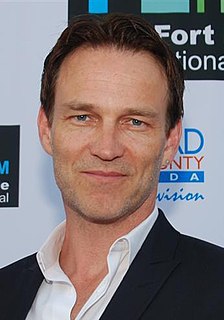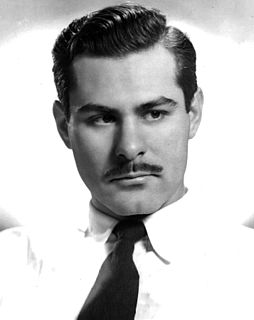A Quote by Paul McCartney
I did study Shakespeare, that was sort of my thing; I got a Literature A-level, which is my only claim to academic fame.
Related Quotes
I got to college in '99, and I went to study literature and writing, and so within a couple years we had Bush elected, 9/11, we were at war, so I was sort of having my political and spiritual awakening at the same time I was becoming an adult, and that's a lot of stuff at once. I became very focused on the state of the world, and I started studying that stuff more, and I just had a real identity crisis. I couldn't even really just study literature.
One of the reasons [William] Shakespeare is so endlessly fascinating is that you can look at that figure from about 10 different angles: Caliban in Shakespeare's day was probably viewed as a sort of comic, barbarian type, but into the 19th century there were productions where Caliban was the hero. He's a potential rapist of a minor. Is that a good thing? No, it is not. On the other hand, Prospero's got him cooped up in a cave and tortures him if he doesn't do what Prospero wants. Is that a good thing? No. Shakespeare doesn't let you off easy.
I did a lot of musicals when I was young and finally went to drama school to try and get away from doing musicals... and of course the first thing that happened when I got out is I got offered a musical. And then when I got to the Royal Shakespeare Company, which was my next job, I ended up doing a bloody musical!
This is more than just the rebuilding of the Globe, creating some kind of monument to Shakespeare which he doesn't need. His books are his monuments. But this will be a major center for the study of Shakespeare in performance. We are making the only faithful effort to restore the theater in every respect as close to the original as possible.
Part of my methodological approach is made explicit when I discuss ways in which literature can have philosophical significance. Literature doesn't typically argue - and when it does, it's deadly dull. But literature can supply the frame within which we come to observe and reason, or it can change our frame in highly significant ways. That's one of the achievements I'd claim for Mann, and for Death in Venice.




































